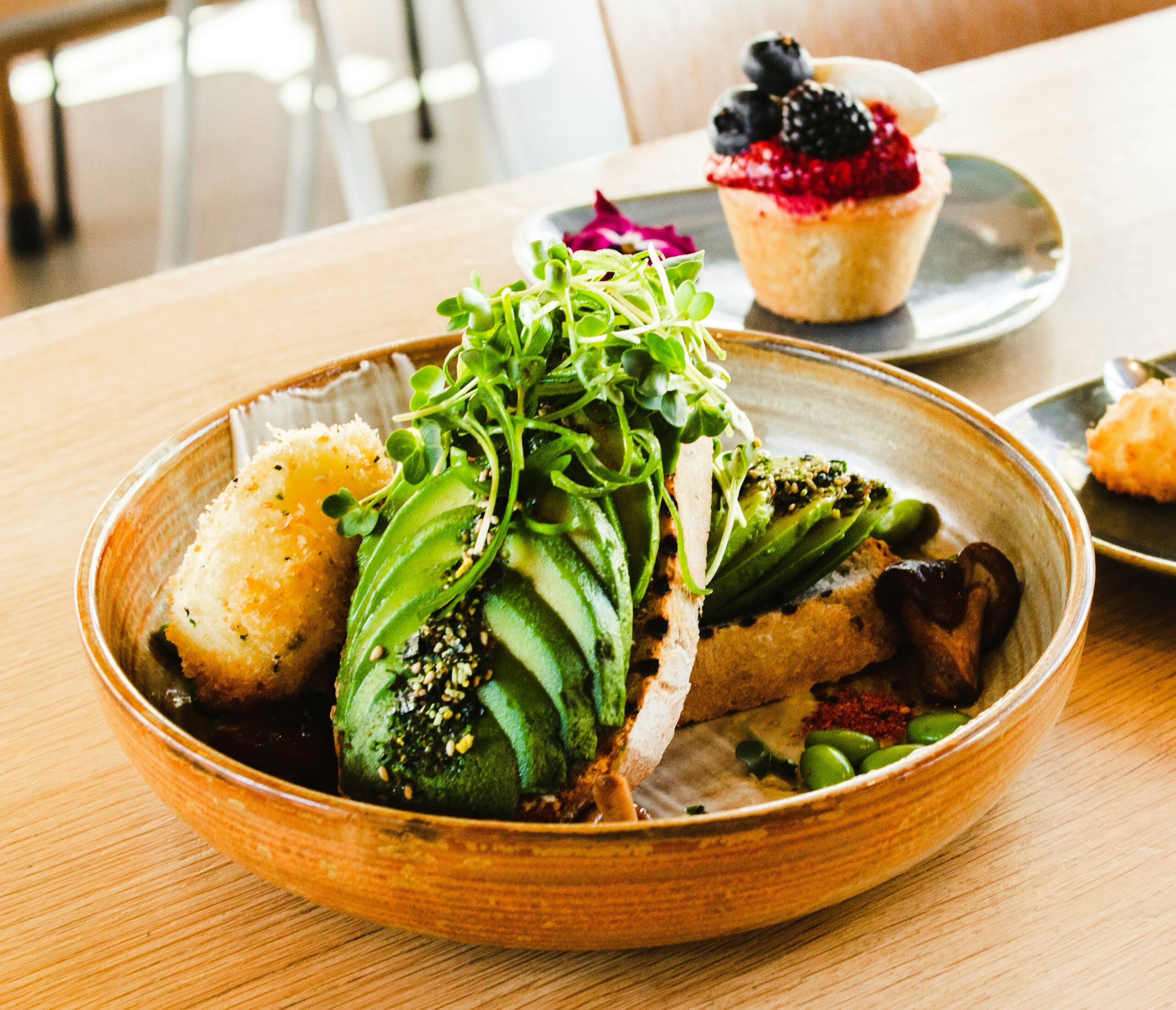

Introduction to Mindful Eating
Eating is one of life’s greatest pleasures, yet many of us hurry through meals without a second thought. We often find ourselves distracted by screens or lost in the chaos of our busy lives. But what if there was a way to transform your relationship with food? Mindful eating invites you to slow down and truly savor each bite, reconnecting you with the flavors, textures, and sensations that make mealtime enjoyable. It’s about more than just nutrition; it’s an opportunity for self-care and awareness that can lead to profound changes in how you experience food. Let’s dive into the world of mindful eating and discover how being present can elevate your dining experience while nurturing both body and mind.
The Importance of Being Present While Eating
Being present while eating transforms the experience from a mundane routine to a moment of connection. When we focus on our food, we engage all our senses. This heightens enjoyment and appreciation.
Many of us eat while distracted—scrolling through social media or watching TV. This not only diminishes flavor but also leads to overeating. When attention drifts away, it’s easy to miss cues from our bodies signaling fullness.
Mindful eating encourages awareness of every bite. The texture, aroma, and taste become more pronounced when we slow down. Each meal can turn into a small ritual that nurtures both body and mind.
Practicing presence at mealtime fosters gratitude as well. Acknowledging where our food comes from deepens respect for nourishment itself. It helps establish a healthier relationship with what we consume, one bite at a time.
How Mindful Eating Can Improve Your Health and Well-Being
Mindful eating is more than just a trend; it’s a transformative practice that can significantly enhance your health. By focusing on each bite, you begin to recognize hunger cues and fullness signals. This awareness helps prevent overeating.
When you savor flavors and textures, meals become more satisfying. You may find yourself enjoying foods that nourish rather than harm your body. The relationship with food shifts from one of guilt or restriction to appreciation.
Additionally, this approach fosters a healthier mindset around eating. Stress often leads to mindless munching, but mindfulness encourages calmness during meals. As stress diminishes, so do unhealthy cravings.
Research shows that mindful eaters often experience lower levels of anxiety related to food choices and weight management. They cultivate a balanced view that promotes long-term health benefits rather than short-lived diets or fads.
Overcoming Common Obstacles to Mindful Eating
Mindful eating can seem challenging. Many obstacles hinder our journey towards awareness. Often, distractions steal our focus during meals.
Television and smartphones compete for our attention. To counter this, create a dedicated dining space. Leave devices behind when it’s time to eat. This simple act can pave the way for greater mindfulness.
Emotional triggers also play a role in mindless eating. Stress or boredom may lead us to snack without thinking. Take a moment to identify your feelings before reaching for food. Pause and ask yourself if you’re truly hungry or just seeking comfort.
Time constraints complicate mindful practices too. Busy schedules often push us toward quick, unhealthy options. Prepare meals in advance; even small efforts like slicing vegetables can help streamline the process while allowing room for mindful choices.
Remember that perfection is not the goal here; it’s about progress and finding joy in every bite.
Incorporating Mindful Eating into Meal Planning and Preparation
Integrating mindful eating into your meal planning and preparation can transform the way you experience food. Start by choosing ingredients that resonate with your senses. Look for vibrant colors, enticing aromas, and textures that excite your palate.
As you plan meals, take time to reflect on how each ingredient makes you feel. This awareness fosters a deeper connection to what you’re consuming. When shopping, slow down and appreciate each item in your cart; it’s not just about nutrition but also enjoyment.
During prep time, focus entirely on the process. Chop vegetables slowly or stir sauces mindfully while savoring the scents wafting up from the pan. This ritual turns cooking into a meditative practice rather than a mundane chore.
Consider setting an intention for each meal. A simple mantra can guide your thoughts as you eat—encouraging gratitude for nourishment while creating space for appreciation in every bite.
Conclusion: Embracing a More Balanced and Joyful Approach to Eating
Embracing a mindful approach to eating can lead to a significant transformation in how we relate to food. It encourages us to slow down, savor each bite, and truly appreciate the nourishment that food provides. By cultivating awareness during meals, we allow ourselves to experience flavors and textures like never before.
This practice can improve not only our physical health but also our mental well-being. Mindful eating helps reduce stress around food choices and promotes healthier habits without the rigidity of diets. As we become more attuned to our bodies’ signals, it becomes easier to recognize hunger cues and feelings of fullness.
While obstacles may arise—such as distractions or ingrained habits—these challenges can be navigated with patience and intention. Simple strategies, such as creating a calm dining environment or setting aside dedicated time for meals, can make all the difference.
Incorporating mindfulness into meal planning adds an extra layer of joy. When we choose ingredients with care and take pride in preparation, cooking transforms from a chore into an enjoyable process.
As you embark on this journey towards mindful eating, remember that it’s about balance rather than perfection. Allow yourself the freedom to explore new foods without guilt while honoring your body’s needs. This newfound relationship with food promises not just better health but also pleasure in every meal shared or experienced alone. Embrace this opportunity for growth; let it inspire a richer connection with what sustains you.
